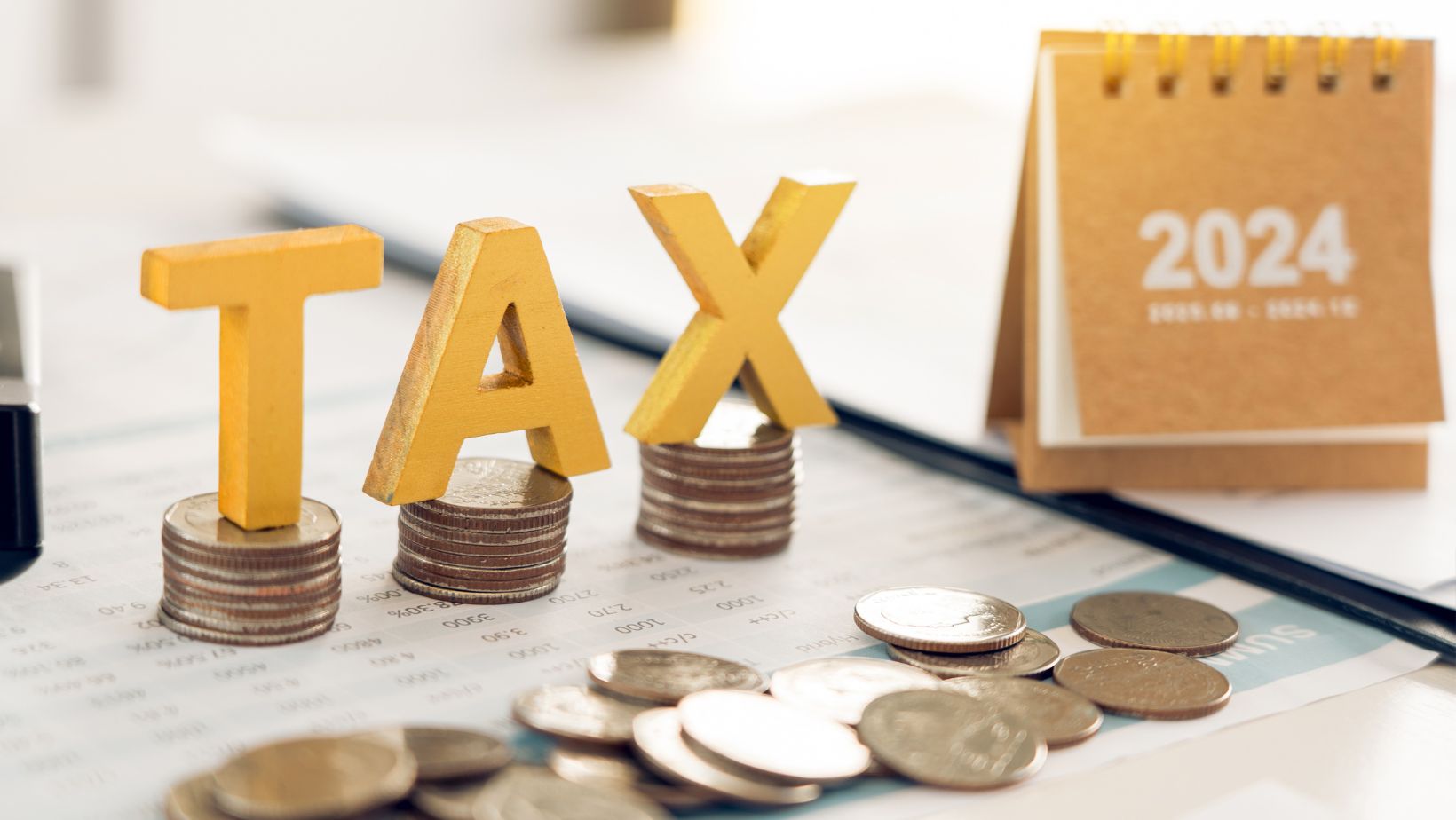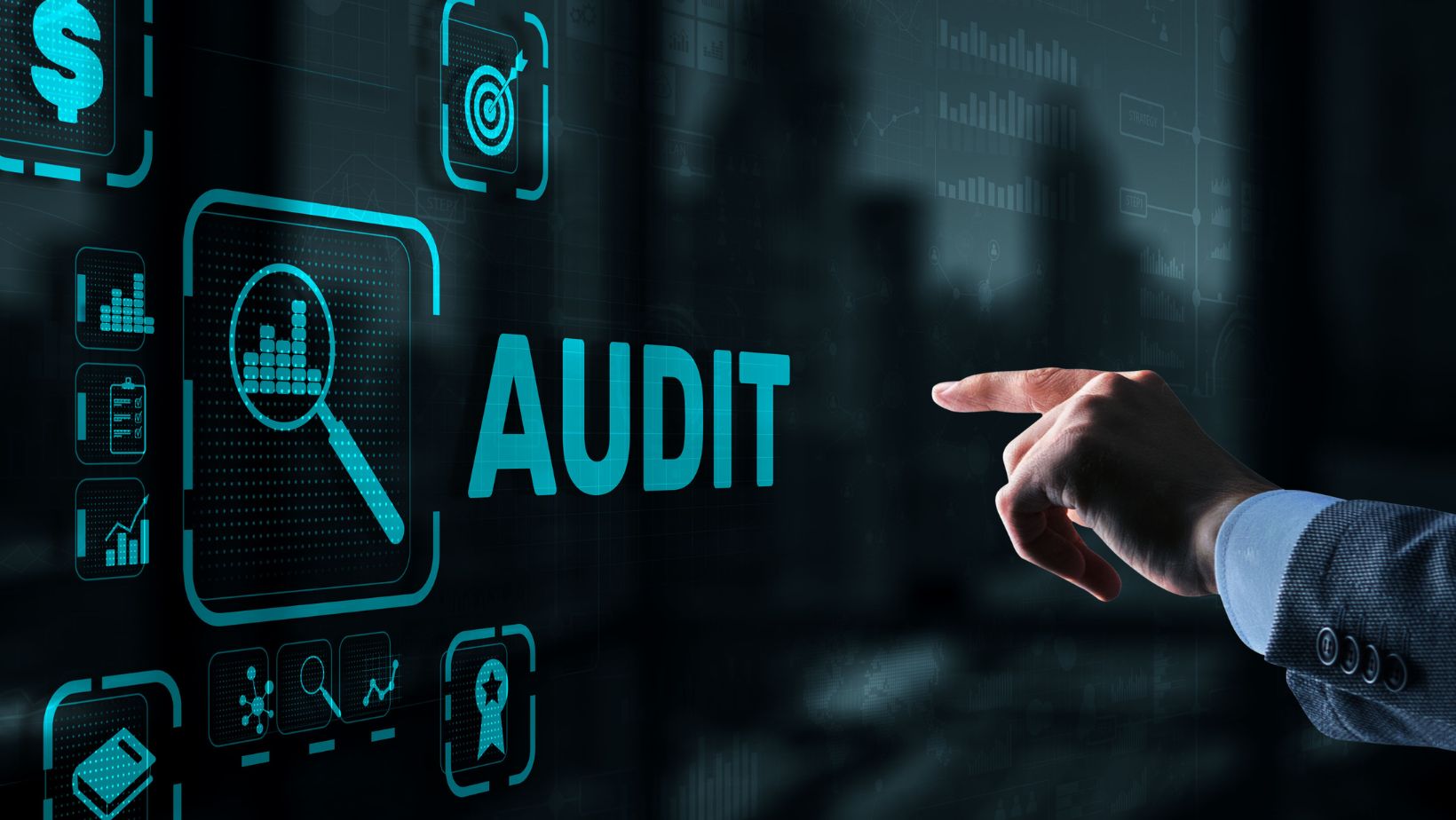Paying taxes is a basic responsibility of every Canadian. While filing taxes presents no problem for many, thousands might receive phone calls from the CRA notifying them about an audit.
Individuals and businesses often dread getting audited by the Canada Revenue Agency (CRA). Aside from fearing potential violations and mistakes, audits also take a long time to complete.
In 2022, it took the CRA over 300 days to complete a single audit, which takes time away from regular business operations. This post will explore CRA audits and offer tips on what you can do to avoid them.
What is a CRA Audit?
A CRA audit refers to an examination of an individual or organization’s financial information and tax filings. These audits ensure taxpayers accurately report their income and deductions according to Canadian tax laws.
During an audit, CRA officials and auditors analyze income statements, expense records, receipts, and other financial documents to verify the accuracy of a tax return. You might have to pay additional taxes or penalties if they find any discrepancies or errors.
5 Ways to Avoid Getting Audited
Being on the receiving end of a CRA tax audit can be nerve-wracking. Seeking guidance from an accountant to prepare your tax returns or learn about the process through the CRA audit can lessen your worries. Additionally, taking the following precautions can minimize your chances of getting audited:
Organize Your Books
Maintaining well-organized financial records is crucial for any taxpayer. They are especially vital for businesses that conduct most of their transactions in cash, such as barber shops, restaurants, and other retail establishments.

Keep all receipts, invoices, and financial documents neatly categorized and easily accessible. You can use accounting software or work with a professional bookkeeper to ensure your records stay accurate and complete.
Avoid Inflating Expenses
It can be tempting to maximize deductions by inflating business or household expenses. However, these practices can raise red flags during CRA analysis.
Exercise caution when claiming deductions and ensure your reported expenses are legitimate. Keep any relevant invoices and receipts to back up these expenses, and avoid inflating any values to minimize unwanted scrutiny from the CRA.
Avoid Claiming Consistent Losses
This tip can be challenging for new business owners who are still learning the ropes and recovering their startup expenses.
However, consistently reporting losses year after year may signal to the CRA that your business is not operating profitably. In the worst-case scenario, they may suspect you are engaging in tax evasion tactics.
Aim to achieve a balance between maximizing legitimate deductions and maintaining a profitable business to avoid raising red flags with the CRA.
Establish a Reliable Record
Building a good track record of compliance and transparency with the CRA can significantly reduce your likelihood of being audited.
Make sure to file your tax returns accurately and on time and promptly address any inquiries or requests from the CRA.

These practices show that you are cooperative and committed to compliance, which can establish a credible reputation with tax authorities.
Seek Professional Guidance
Canadian tax laws and regulations can be confusing and complex, especially for small businesses and self-employed people with limited knowledge of taxation.
Consider seeking professional guidance from a qualified accountant or tax advisor. They can help you ensure the accuracy and timeliness of your tax returns while providing valuable financial advice.
Investing in professional assistance can offer peace of mind and help you avoid costly mistakes that could trigger a CRA audit.
Safeguard Your Finances
CRA audits can be intimidating and resource-intensive. However, accuracy and compliance can help you avoid getting flagged by the CRA. The five strategies above can help you reduce the risk of being audited by the CRA and foster a positive relationship with tax authorities.


